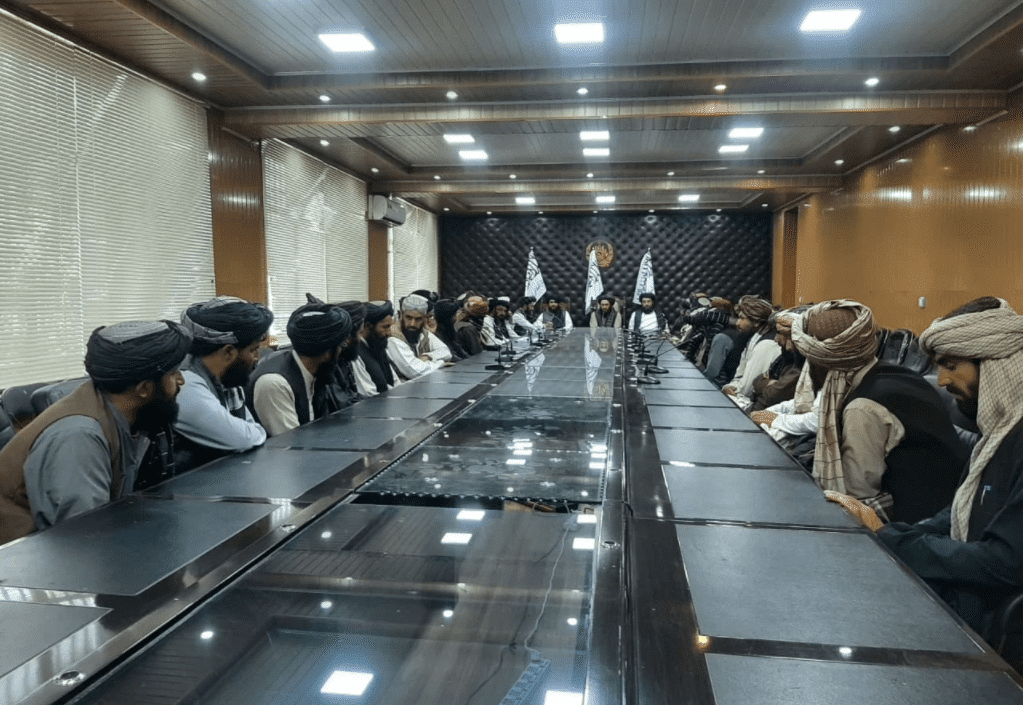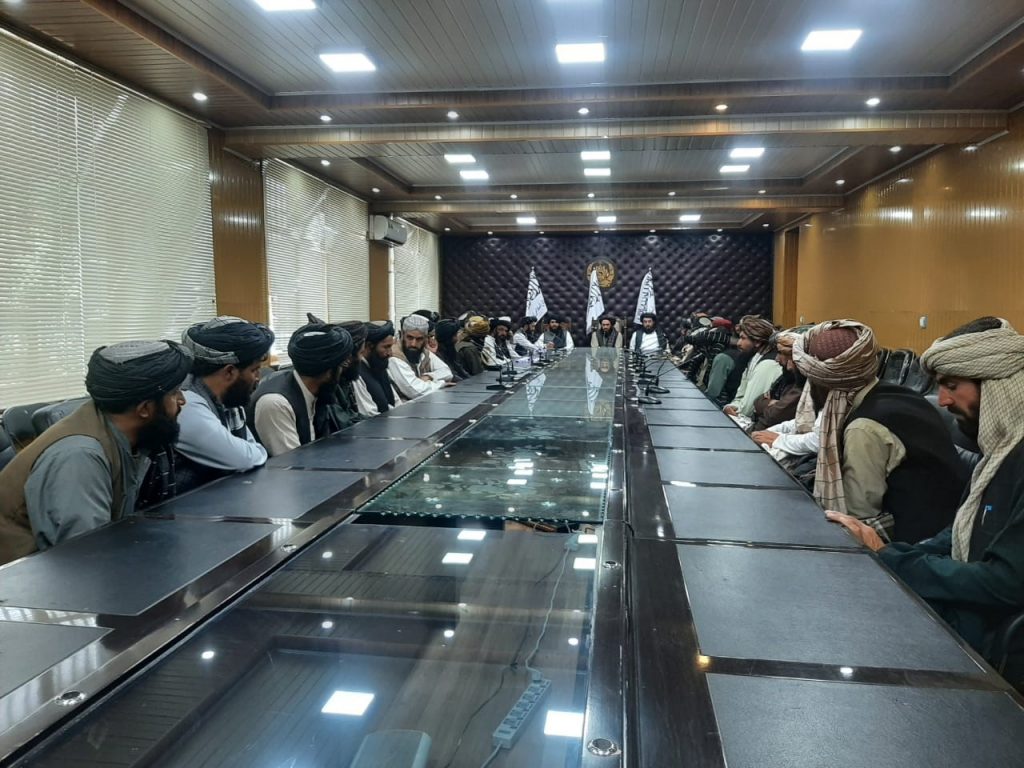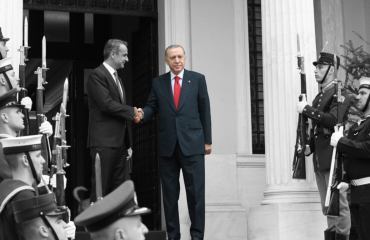

Late Prime Minister Bülent Ecevit visited Moscow on the eve of the Soviet invasion into Afghanistan in 1979 where he asked his counterpart Prime Minister Alexei Kosygin what they were aiming at by an intervention against the Mujahideen in Afghanistan. Kosygin sarcastically answered that they wanted “to carry Afghanistan from the 12th to the 16th century”.
Forty years have passed since the Soviet Union – like all of its predecessors – failed to lift Afghanistan to a new age. The United States has recently joined this long list of hegemonic powers ranging from the empires of Alexander the Great and Chengiz Khan to the British Empire and the Soviet Union. While the Soviets decided to admit failure after 10 long years, it took the United States and its allies an additional decade to learn its lesson; but only after thousands of lives and trillions of dollars were lost.
We cannot travel back in time but it is time for the civilized world to truly digest this very costly lesson and mitigate the injury suffered by universal values such as good governance and democracy.
The Biden administration will continue to suffer negative externalities from the current fiasco; including political costs both abroad and at home. Recent images that resembled the American retreat from Vietnam in the seventies will not only affect the results of the upcoming Congressional midterm elections, they will also render a second Presidential term perhaps more difficult for the Democrats.
While domestic criticism of the Biden administration continues to rise, the Biden-Harris reputation among (NATO) allies has also suffered a serious blow. The political and humanitarian disaster unfolding today has exposed for once and for all that expectations of American leadership to the liberal world order are gravely misplaced. And sadly, in addition to these expectations, we can count western norms and values among the most recent victims of American incompetence.
Lesson to learn
Notwithstanding the legitimacy of criticism on the way U.S. authorities have managed the withdrawal, we need to do more than repeating the obvious reality that the U.S. no longer enjoys the moral high ground on a global stage. From a Turkish perspective, the first policy lesson that we should draw from this reality is to properly define and plan our own bilateral relationship with the new Afghanistan. Echoing largely accepted claims that American imperialism is bad, isn’t enough. We need to draw specific lessons to help formulate Turkish policies from these developments. Do our leaders realize that, besides the flaws of imperialism, religion-based politics is to blame as well? Do we realize that our relatively recent gains in civil rights, secular government and democracy could be easily lost if we make the same mistakes? To which extent did we study the likely consequences of another refugee crisis we are facing following the dramatic events in Afghanistan?
The Taliban which lost its political power after the American intervention that started in 2001, soon started to recover in certain areas in the country. Now that they finally control the entire country, the Taliban wants the world to believe that they are not seeking revenge and want to form a participatory Islamic government in which various components of the Afghan people participate. Recent statements by Turkish authorities show that we place too much value on these false representations. It is obvious that many Turkish politicians believe that we can direct and control the leaders of the Taliban while leveraging our continued military presence in the airport in Kabul.
The truth is that another civil war is inevitable and we need our troops to get out as soon as possible. Even trying to maintain a neutral presence among warring factions would be very high risk in a country where ethnic faultlines are drawn in blood. Even an invitation from the Taliban to stay will not change this reality and a condition sine qua non for our ability to formulate a healthy policy is undeniably to first withdraw our troops.
I am not denying that Turkey is uniquely qualified to contribute to the reconstruction of Afghanistan but this is only possible after some form of stability and good governance is achieved. Turkey should not envision a broader mission for itself in Afghanistan and should focus instead on urgently containing the refugee crisis that directly affects Turkish society. In combination with millions of Syrian refugees already in our country, this crisis has become a clear and present danger for the national security of the Republic of Turkey.
And make no mistake: Turkey will not be able to control the Taliban or carry Afghanistan to a new age. The only likely consequence of such efforts will result in Turkey’s carrying itself backward.

